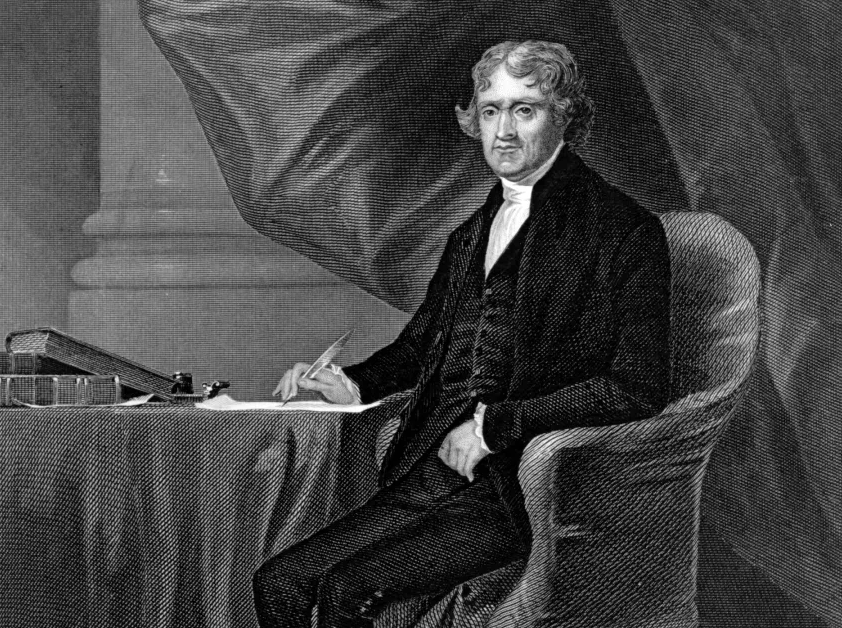In the rich tapestry of American history, the election of 1800 shines brightly as a defining moment. It not only marked the peaceful transfer of power from one political party to another but also represented the victory of democratic principles over authoritarian tendencies. At its core, this pivotal election pitted two formidable figures against each other: Thomas Jefferson and Aaron Burr.
Setting the Stage: Political Dynamics of the Early Republic
The election of 1800 unfolded against the backdrop of a young nation grappling with its identity and future trajectory. Fresh from the throes of independence, the United States faced a myriad of challenges, both at home and abroad. Political factions had begun to take shape, with Federalists advocating for a robust central government and Republicans championing states’ rights and the interests of agrarian society.
The Ascent of Thomas Jefferson
Thomas Jefferson emerged as a towering figure within the Republican camp. His role as the principal author of the Declaration of Independence and his tenure as Secretary of State under President George Washington elevated his stature among his contemporaries. Jefferson’s vision for America emphasized individual liberty, limited government, and the expansion of westward territories, resonating deeply with many Americans, especially those in rural areas.
The Ambitions of Aaron Burr
In contrast, Aaron Burr, a charismatic and ambitious figure, pursued his own political ambitions. As a Democratic-Republican, Burr shared some ideological common ground with Jefferson but harbored distinct personal aspirations. His quest for power often brought him into conflict with Jefferson and other party members, setting the stage for a contentious electoral battle.
The Election of 1800: A Fierce Contest
The presidential election of 1800 was characterized by intense partisan fervor and impassioned rhetoric. Federalists sought to paint Jefferson as a radical threat to the stability of the nation, warning of dire consequences should he assume the presidency. Conversely, Republicans criticized the incumbent President John Adams and his administration for what they perceived as governmental overreach and encroachments on individual liberties.
The Crucial Role of the Electoral College
During this period, the Electoral College wielded significant influence in determining the outcome of presidential elections. Each state appointed electors who cast their votes for president and vice president. The intricacies of this system added layers of complexity to the electoral process, often leading to uncertain outcomes until the final tally.
The Tiebreaker: Alexander Hamilton’s Intervention
As the election results poured in, it became evident that both Jefferson and Burr had secured 73 electoral votes each, necessitating a tiebreaker in the House of Representatives. In a dramatic turn of events, Alexander Hamilton, a longtime rival of Burr and a staunch Federalist, threw his support behind Jefferson, viewing him as the lesser of two evils. This pivotal endorsement tilted the scales in Jefferson’s favor, securing his victory and relegating Burr to the vice presidency.
The Legacy of the Election of 1800
The election of 1800 ushered in a new era in American politics, marked by the peaceful transfer of power between rival factions. Thomas Jefferson’s ascent to the presidency symbolized a triumph for democratic principles and the collective will of the people. Throughout his presidency, Jefferson implemented policies that left an indelible mark on the nation, from the Louisiana Purchase to the promotion of educational opportunities.
In conclusion, the election of 1800 stands as a testament to the resilience of American democracy and the power of civic engagement. Through the electoral process, the nation reaffirmed its commitment to self-governance and individual freedoms, laying the groundwork for a brighter future. As we reflect on this historic milestone, let us honor the enduring legacy of Thomas Jefferson and the enduring values he championed.

THE NAIS IS OFFICIAL EDITOR ON NAIS NEWS

